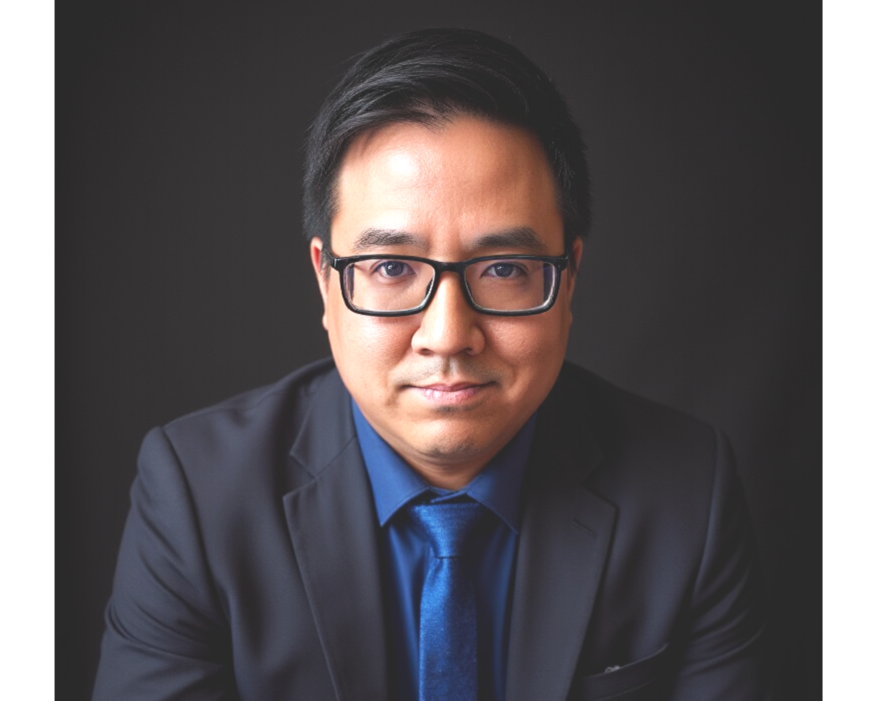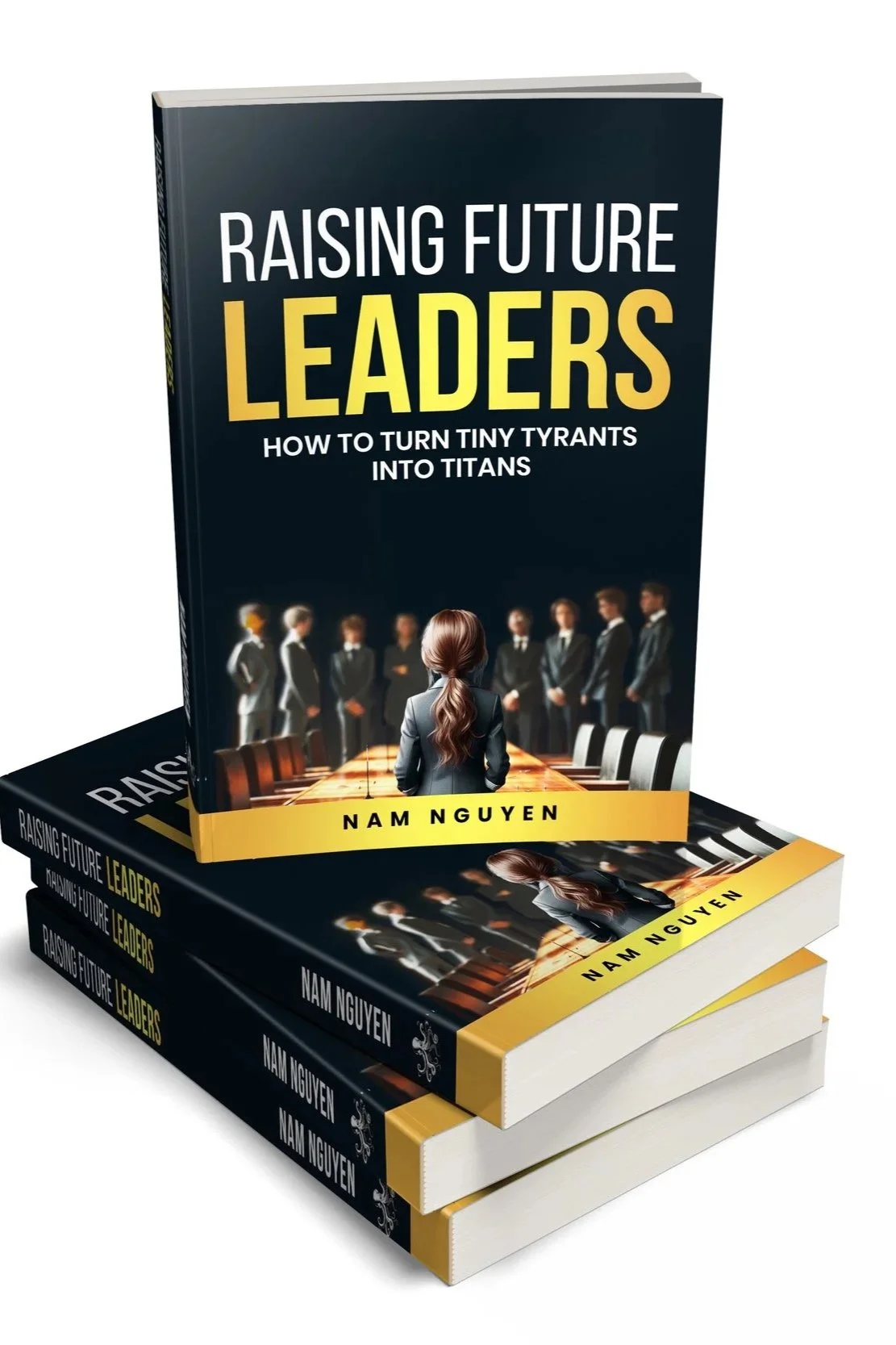
We are no longer just building machines — we are raising them. Artificial intelligence learns from our words, our habits, and our collective behavior. It mirrors what we celebrate and amplifies what we ignore. In many ways, AI has become humanity’s first non-biological child — curious, impressionable, and shaped by the environment we create.
What we teach it will define the civilization we leave behind. Every data point is a lesson, every algorithm a reflection of our moral code. If we raise this new intelligence with empathy and wisdom, it may become our greatest legacy. If not, it may become our most brilliant mistake.
The age of artificial parenthood has already begun — and like every generation before us, we must now decide what kind of world we want our children, human or otherwise, to inherit.
AI won’t destroy humanity; it will imitate it. The question isn’t what machines will learn — it’s what they’ll learn from watching us.
Before there were cities, there were cradles. Every civilization begins not with architecture or tools, but with a cry—the sound of a newborn demanding care. Human fragility forced us to cooperate, turning parenting from a private act into the foundation of society itself.
Before governments, there were families — small classrooms of power, fairness, and belonging. The way we lead at home shapes the way we lead everywhere else.

